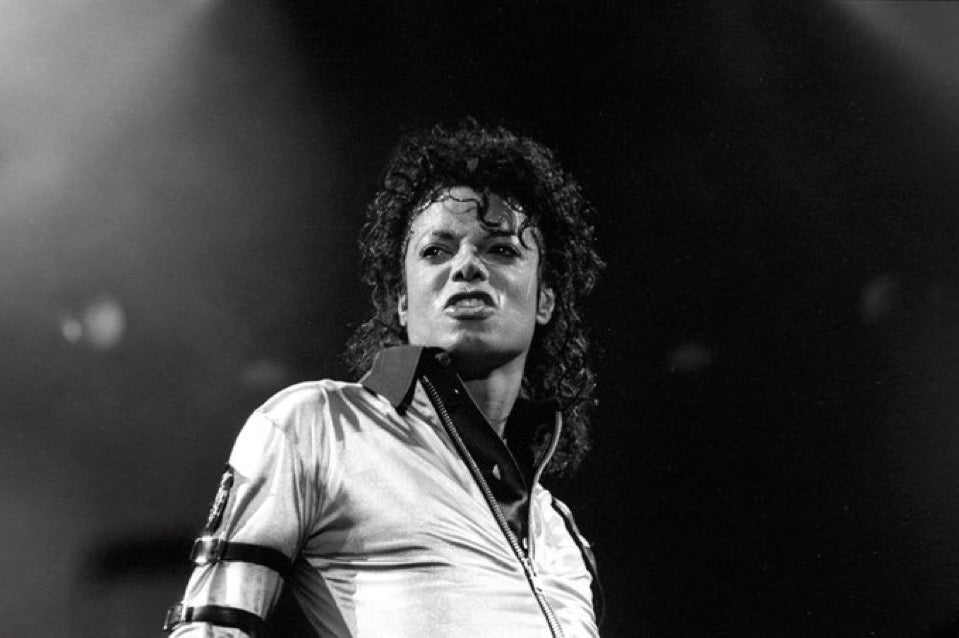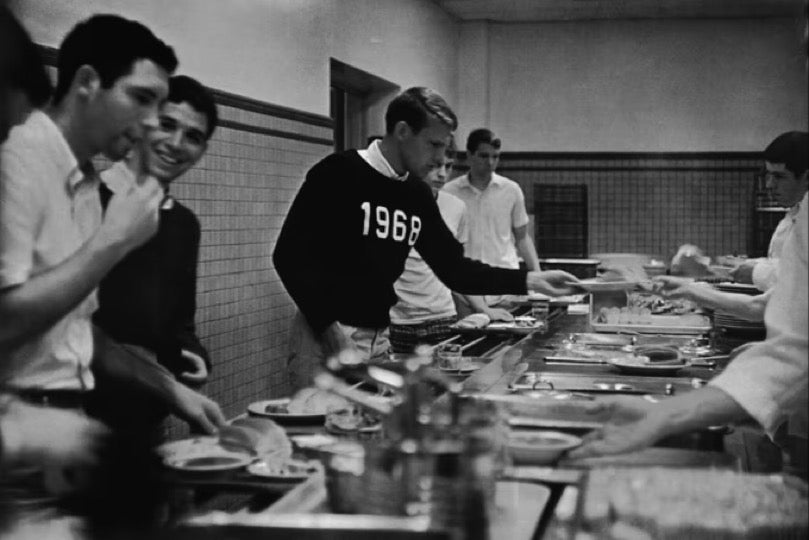One Bold Move That Revolutionized Music Ownership Forever

In the early 1980s, Michael Jackson was at the height of his fame, fresh off the release of Thriller, the album that would break every record in the music industry. Around this time, he also struck up a friendship with Paul McCartney, former Beatles member and a legendary musician in his own right. Their friendship blossomed creatively: the two collaborated on hits like “The Girl is Mine” and “Say Say Say,” which blended their distinct sounds and captured fans of both artists. Behind the scenes, though, this friendship set off a series of events that would forever reshape the music business.
During one of their conversations, McCartney casually shared some of his personal business strategies with Jackson, explaining the potential in music publishing owning rights to songs and collecting royalties. McCartney himself had bought the rights to a variety of other artists’ music, building a lucrative income stream that was a bit under the radar at the time. McCartney even mentioned his frustration that he and John Lennon didn’t own the rights to many Beatles songs, which were instead controlled by ATV Music Publishing.
Jackson, not yet a true businessman, was fascinated. As the two reportedly joked about it, McCartney laughingly warned Jackson that one day he might “wake up” to find Jackson had bought the Beatles' catalog. Jackson, though playful at the time, was listening.
The Opportunity to Buy ATV
By 1985, Jackson’s career and fortune had soared. He was just 27 and had amassed enough wealth and influence to make serious investments. That’s when he got wind of an opportunity to purchase ATV Music Publishing, the company that held the rights to over 4,000 songs, including the Beatles’ catalog. The catalog contained Beatles classics like “Yesterday,” “Hey Jude,” and “Let It Be” songs so iconic they’d be valuable as long as people listened to music.
For Jackson, the opportunity was too good to pass up. He saw music publishing as a solid investment one that would generate royalties long after his own albums were released. So, Jackson made an offer of $47.5 million to purchase ATV, outbidding McCartney himself and many others who wanted a stake in the valuable catalog.
A Friendship Strained
Understandably, McCartney was stunned. His light-hearted warning years earlier had come true, and he was reportedly hurt that Jackson, whom he’d shared so much with, would swoop in on something so close to him. Despite McCartney’s hurt feelings, the sale was perfectly legal, and Jackson didn’t owe McCartney a heads-up. Still, the move put a strain on their relationship; they never fully reconciled.
In later years, McCartney reflected publicly on the complexities of the situation, saying, “It’s just business, I suppose, and it’s true it did hurt.” Jackson, however, maintained that it was simply a smart business decision. He had learned from McCartney himself how valuable publishing rights could be and he applied that lesson to the fullest extent.
Jackson’s Influence on Music Ownership
Jackson’s purchase of the Beatles catalog wasn’t just a financial gain, it redefined the music industry’s understanding of intellectual property and royalties. At the time, few artists owned the rights to their own music, let alone to songs by other artists. The move underscored the importance of owning the music itself, not just performing it.
By buying the catalog, Jackson became one of the first high-profile artists to take control of music publishing rights, sending a message to musicians everywhere: true wealth and artistic control come from ownership. The catalog earned millions each year in royalties, proving to be a lucrative source of income for Jackson throughout his life. His ownership of ATV also marked a turning point for artists who began seeing publishing rights as an integral part of their financial and creative freedom.
The Creation of Sony/ATV
In 1995, Jackson made another savvy move with the catalog by merging ATV with Sony Music Publishing, forming Sony/ATV, which remains one of the largest music publishing companies today. This merger not only increased the catalog’s value exponentially but also allowed Jackson to hold a stake in a powerhouse of music rights. His estate continued to benefit from this ownership for years, as Sony/ATV retained rights to songs by artists across the globe.
Jackson’s understanding of music rights and royalties proved ahead of its time, foreshadowing the modern trend where artists like Taylor Swift, Jay-Z, and others fight for ownership of their masters and publishing rights. Today, catalogs are considered valuable assets, and entire businesses revolve around managing and selling them. Jackson’s foresight paved the way for a new era in the music industry, where ownership of one’s work is paramount.
Jackson’s Legacy as a Music Business Mogul
Jackson’s purchase of the Beatles catalog was far more than a headline grabbing move; it was a profound shift in the music business. It demonstrated that artists didn’t have to rely solely on album sales or tours to make a living. Publishing rights could provide consistent, long-term revenue, giving artists financial independence and control over their legacy.
By the time of his death in 2009, Jackson had not only secured his place as a musical icon but had also established a lasting impact on the business side of the industry. His decision to buy the Beatles catalog highlighted the importance of ownership a lesson that artists continue to embrace today.
In many ways, Jackson was ahead of his time, seeing value in something that others, even McCartney, couldn’t fully capitalize on. His savvy investments turned him into one of the wealthiest entertainers in the world and ensured that his influence in music would endure far beyond his life. The King of Pop’s legacy isn’t just in the music he created; it’s in the music business as we know it today, where artists are increasingly empowered to control, profit from, and protect their work.



